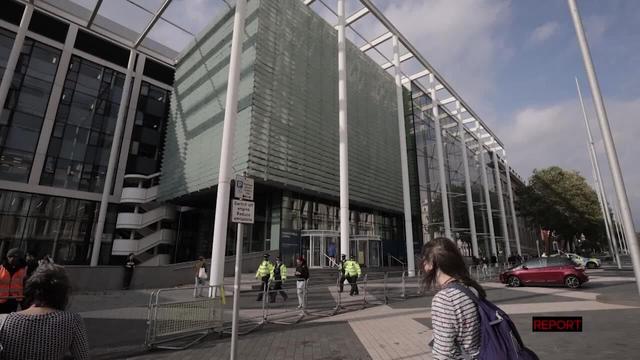It's not just us watching TV, now it's TV watching us. Thanks to the experiments conducted by researchers at Imperial College and Northeastern University, it emerged that among intelligent home appliances, smart TVs are the ones that contact third parties most of all, i.e. profiling, advertising, tracking and unsolicited destination services to provide service.
For example, as soon as it is turned on - an experiment conducted with a Samsung smart TV - the TV connects to some Netflix servers even if we have never activated any subscription or have not accessed Netflix.
Then there are the "third parties", i.e. those services that are not used to operate the app, but do profiling and collect data and information for advertising purposes.
Dazn, for example, links to doubleclick.net and google-analytics.com, Google's advertising services. Disney+, on the other hand, does it on its own, thanks to an in-house analytics and advertising service.
Data traffic
But what data do they send to these destinations? All internet traffic generated by smart TVs is encrypted, in code, i.e. this information is visible only by the target client and server. What is certain, and proven by researchers, is that all this traffic is not necessary to provide the service.

Once blocked, TV or streaming platforms still work. But how can the user who has just bought the TV and accepted the general information without reading too much detail protect himself?
Researchers recommend that you often reset the unique advertising ID, which stores and records all of this information about a single TV set. Since it is not possible to know which traffic is sent, because it is encrypted, in code, we have made a request for access to data as required by article 15 of the European regulation on privacy.
Our TV manufacturer - LG, in this case - asked us to prove that we really are the owners and even send a photo with our email address in front of the TV, before sending us back an endless list of information regarding the 'use of the TV bought just a few months ago.
The only real innovation of smart cities is video surveillance
Over one thousand and five hundred records relating to all the destinations contacted by the TVs while we were using it: what we saw, for how long, the genre of films or programs, our searches, app updates.
Netlix, Disney+ invited us to download our data from the download tool on the site, while Apple and Amazon sent us back all the information relating to the entire universe of their applications, from the e-commerce platform to photos saved in the mobile cloud. Information, these, in which the user struggles to really understand what is the legal basis of the treatment or the list of recipients to whom our data ends up.
Report also tested Rai's streaming platform, Raiplay: if on the one hand the app works correctly, simply connecting to the servers needed to provide the service, the response received from Rai to our request for access to the data was not entirely satisfactory based on the indications of the gdpr.
Rai, in fact, has simply referred the user to its privacy policy, without explaining in detail who are the recipients of user data or the reasons behind the data processing.
The complete video investigation will be broadcast on Rai 3 on December 27 at 21:20
© Reproduction reserved
